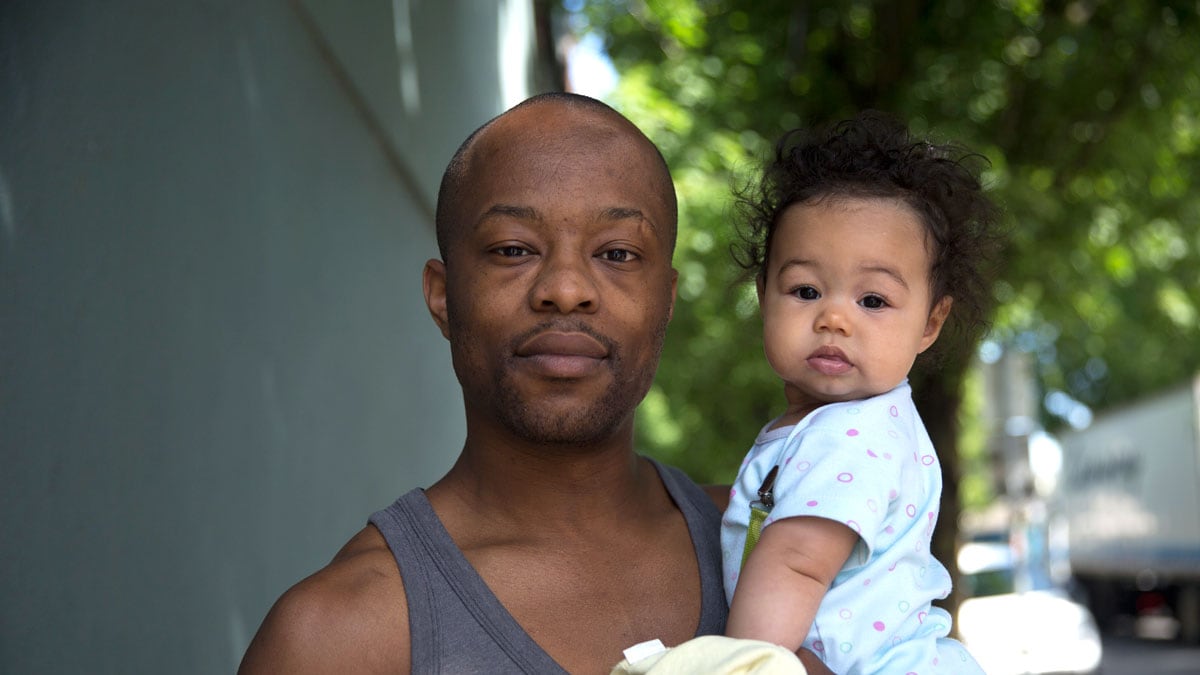WW presents "Distant Voices," a daily video interview for the era of social distancing. Our reporters are asking Portlanders what they're doing during quarantine.
In order to process the present, photographer Intisar Abioto has been looking to the past.
For years, Abioto has created something of a living history of Portland through her photography blog The Black Portlanders. Since 2018, she's also been researching Black artists throughout Oregon's history—like quilter and muralist Charlotte Lewis—for what originally began as a fellowship for Oregon Humanities Magazine.
But lately, she's also been thinking a lot about the history of her own family, which was active in the civil rights movement in Memphis, Tenn.
"They were called 'the most arrested family in the civil rights movement,'" says Abioto. "When they were being arrested, my aunts, they were between the ages of 12 and 21. So these were Black girls who were purposefully going out in Memphis to be arrested in the '60s.
"I have to come back to not just Black women's wisdom, but also Black girls' wisdom," she adds. "I'm trying to listen to my young girl self, like, what would she being doing right now? How brave would she be?"
Abioto's art captures something that's both intimate and momentary. She often photographs people in their own element, whatever that may be, which has become increasingly difficult during the pandemic.
Abioto has been out to the protests a few times to take photos, but she's mostly been spending time researching other artists and examining what she can learn from their legacies.
"When it comes to divesting, when it comes to actually giving up power, we got to bring it back to the real things. We got to bring it back to reparations, we got to bring it back to abolition," she says. "I'm an artist, but I'm always working for Black liberation, and so I've had to reframe my stance. I'm not just going to be always bringing pretty pictures of Black people for people to look at while not deeply investigating their own place in all of this."
See more Distant Voices interviews here.

